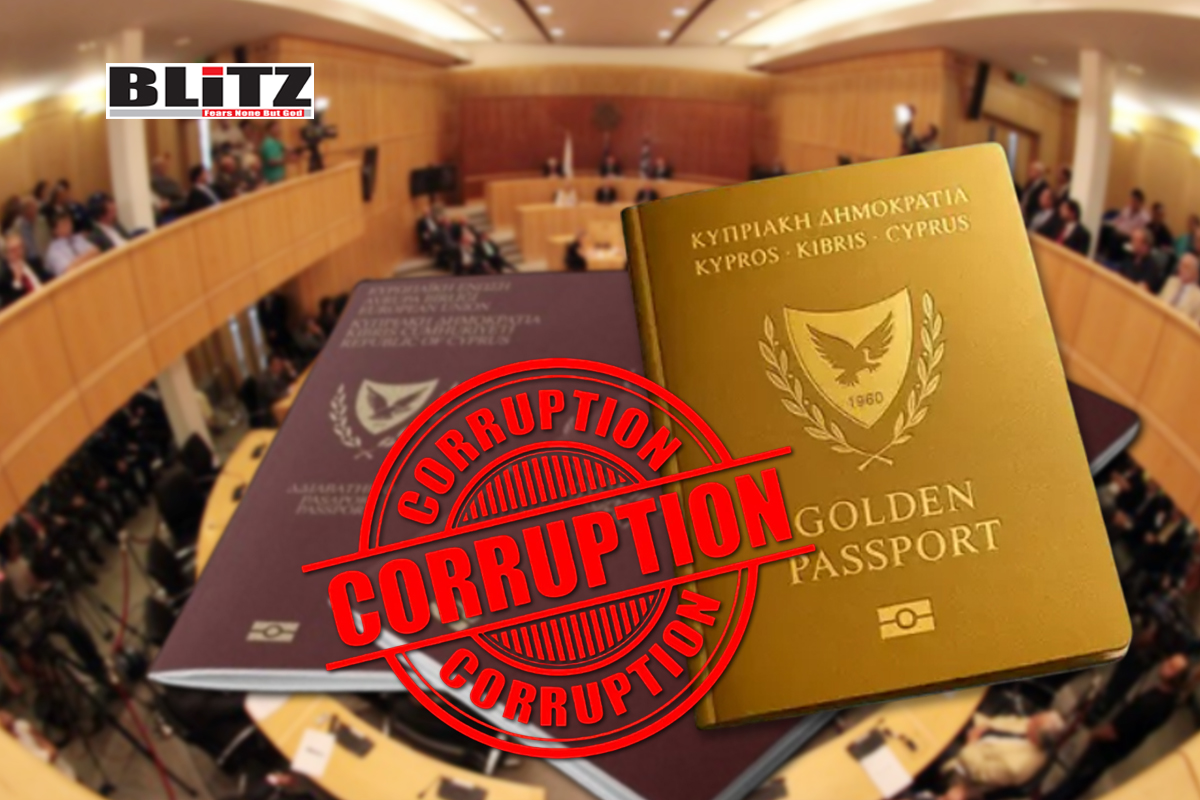Biden-appointed judge blocks deportation of radical Islamist terrorist’s family amid rising judicial conflicts
In a development that has stirred fierce debate over judicial authority and executive power, a Colorado federal judge appointed by President Joe Biden has blocked the Trump administration’s attempt to deport the family of Mohamed Soliman, a radical Islamist terrorist accused of setting a dozen Jewish demonstrators on fire in Boulder, Colorado.
The incident occurred on June 1, when Soliman allegedly attacked demonstrators who were rallying to support the release of hostages held by Hamas. Among the injured was a Holocaust survivor, a fact that has intensified public outrage and raised questions about national security and immigration enforcement policies.
On June 4, Judge Gordon Gallagher issued a brief but consequential two-page order that halted the removal of Soliman’s wife, Hayam Salah Alsaid Ahmed Elgamal, and their five children. The order explicitly states that the family “SHALL NOT REMOVE Hayem El Gamal and her five children from the District of Colorado or the United States unless or until this Court or the Court of Appeals for the Tenth Circuit vacates this Order.”
This judicial intervention came just hours after Department of Homeland Security (DHS) Secretary Kristi Noem announced that DHS and Immigration and Customs Enforcement (ICE) had detained the family and initiated their removal proceedings. According to DHS, Soliman’s wife and children-Egyptian nationals-were taken into ICE custody and processed for deportation. Soliman himself is reportedly an illegal alien, though the legal status of his family members has not been definitively clarified.
The case presents a complex intersection of immigration law, national security, and judicial authority. Soliman’s violent act, which targeted Jewish demonstrators, has been widely condemned, making the decision to deport his family seem both legally justified and morally necessary to many observers.
Journalist Brianna Lyman succinctly summarized this sentiment in a recent article, arguing, “Deporting the family of a radical Islamist terrorist is not only justified – it’s necessary. A sovereign nation has the right and obligation to remove individuals who may present a danger to Americans and the American way of life.” The logic is straightforward: families of terrorists may harbor or facilitate security risks, and thus their presence on US soil should be subject to rigorous scrutiny and potential removal.
Yet, this latest injunction exemplifies what critics describe as an ongoing pattern of judicial “lawfare,” where judges block executive actions, complicating the enforcement of immigration laws and national security measures.
This ruling is not an isolated incident but part of a wider conflict between the judiciary and the executive branch. Since the Biden administration took office, several judges have issued rulings that effectively limit or reverse immigration policies established under the Trump administration, creating what some conservatives term a “judicial coup” against the government’s agenda.
For instance, another federal district court judge ordered the continuation of a parole program that the Trump administration had sought to curtail-allowing thousands of immigrants to remain in the US under work permits. The program’s misuse under the Biden administration has been a point of contention, with critics arguing it undermines immigration control.
Similarly, Judge Allison Burroughs, another unelected federal judge, recently blocked the Biden administration from implementing permanent changes to Harvard’s student visa program, illustrating the judiciary’s willingness to intervene in immigration policy across multiple fronts.
These judicial interventions have ignited a fierce debate about the balance of power in the American government. Critics argue that unelected judges are overstepping their constitutional roles, effectively nullifying the decisions of the executive branch and Congress, both of which are elected by the people. The phenomenon has been described by commentators as a “rogue judiciary” that uses injunctions and stays to frustrate and delay enforcement of laws enacted through democratic processes.
Mollie Hemingway of The Federalist recently challenged the White House on this issue, questioning whether the administration is actively addressing what she described as a “judicial coup.” Hemingway contends that the Trump administration’s policies are being consistently undermined by “rogue lower court judges,” and she urged the Biden administration to articulate a coordinated response.
In response, Leavitt, presumably a government spokesperson, acknowledged ongoing efforts “to tackle these rogue judges and the injunctions and the blockades that we have faced in our broken judicial system,” but did not elaborate on specific strategies or actions being undertaken. This vagueness has only fueled criticism that the administration lacks a robust or coherent approach to managing judicial resistance.
Supporters of these judicial interventions argue that courts serve a critical function as a check on executive overreach, protecting constitutional rights and ensuring due process. They contend that immigration enforcement must respect legal standards and the rights of individuals, including family members of suspects, many of whom may be legally present or have lawful claims to remain.
However, opponents claim that in cases involving national security threats, the judiciary’s delays and blocks are dangerous and irresponsible. The argument is that the executive branch is hamstrung by courts unwilling to enforce deportation orders even in situations involving clear threats, thereby putting public safety at risk.
This tension underscores the broader challenge facing US governance: how to balance civil liberties, judicial independence, and national security in an era of heightened terrorism threats and polarized politics.
While the debate rages on about judicial authority and executive power, the human aspect of this case should not be overlooked. The Elgamal children-detained along with their mother-are innocent individuals caught in the crossfire of political and legal battles. Their welfare and rights must be considered alongside security concerns, a nuance sometimes lost in polarized public discourse.
The decision by Judge Gallagher to block the deportation of the family of Mohamed Soliman is emblematic of a growing and troubling pattern of judicial interference in immigration enforcement and national security policy. Whether seen as judicial overreach or necessary oversight, these rulings significantly complicate the administration’s ability to respond swiftly to threats and uphold immigration laws.
As this case moves through the courts, it highlights urgent questions about the separation of powers, the limits of judicial authority, and the proper mechanisms for protecting the American public. With national security and immigration at stake, the administration’s next moves, and the judiciary’s responses, will shape the contours of American governance and law enforcement for years to come.
Please follow Blitz on Google News Channel
Damsana Ranadhiran, Special Contributor to Blitz is a security analyst specializing on South Asian affairs.
biden-appointed-judge-blocks-deportation-of-radical-islamist-terrorists-family-amid-rising-judicial-conflicts















Leave a Reply